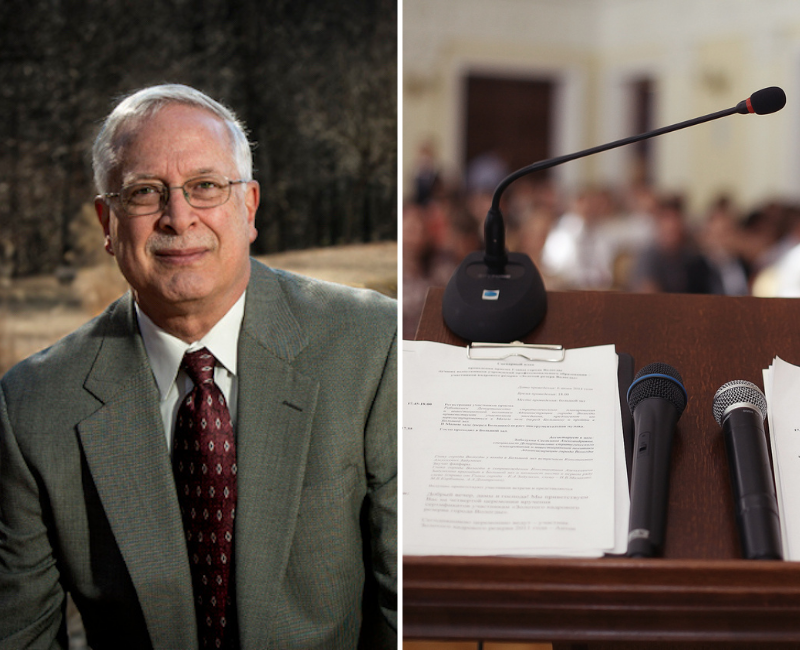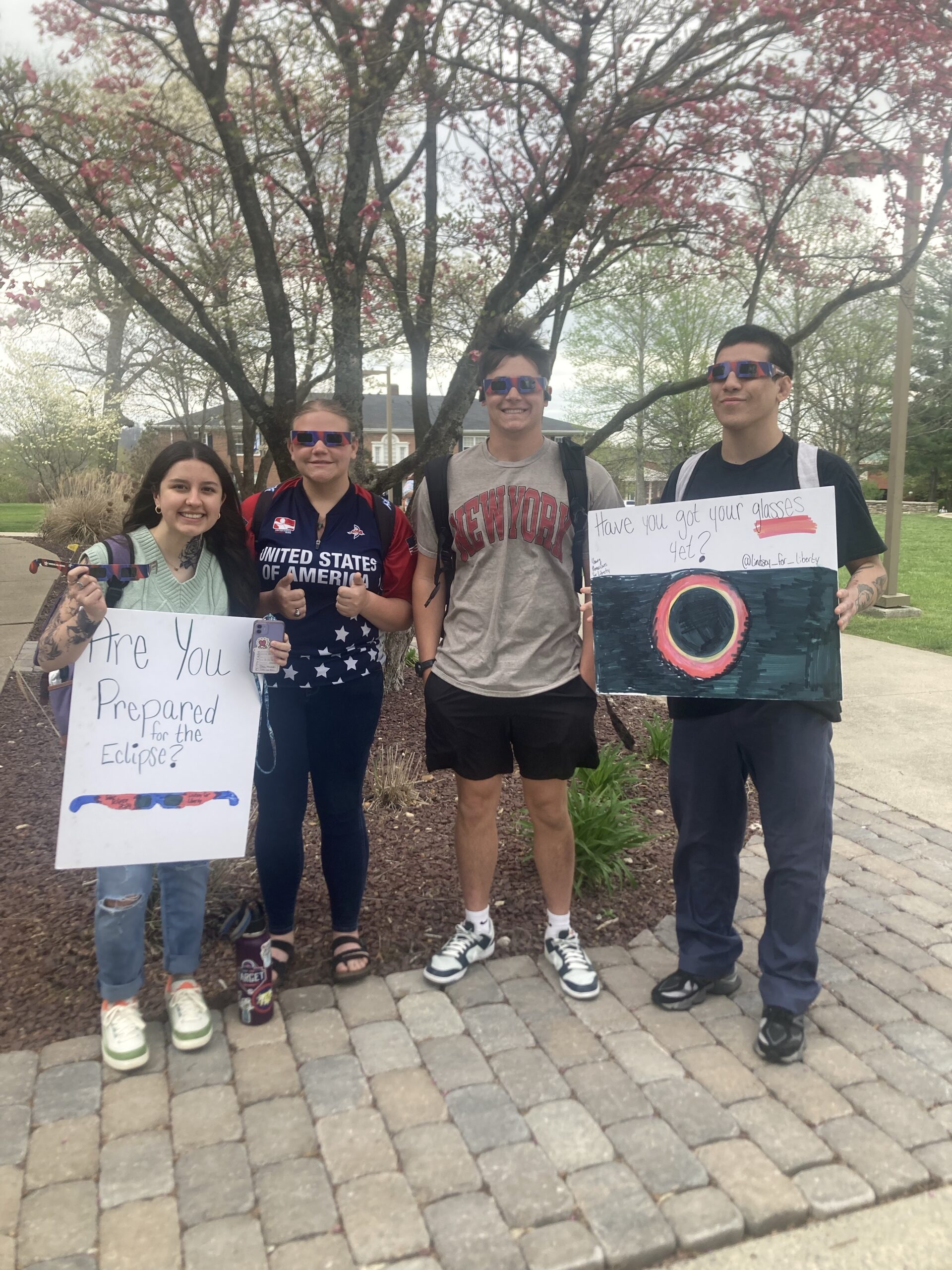CFACT’s Senior Policy Adviser and inspiration for the Collegians’ Driessen Fellows program has been featured in the debate materials for high schoolers by the National Speech and Debate Association. The subject matter covers Driessen’s writing on air pollution and health risks and is used as part of the rebuttal materials for a debate topic on whether or not to ban fracking, aka “hydraulic fracturing.”
In his article, Driessen explains that justifications used by EPA to regulate small particulate matters that come from emissions of fossil fuels don’t hold up under scrutiny. How can one be sure whether the particulate matter EPA is claiming leads to premature deaths is from car exhaust, or from natural things like volcanic eruptions? And there is no way to tell if a death happened sooner due to particulate matter as opposed to dietary habits, smoking, viruses, and other factors that affect health in a million ways.
We’re sure that with Driessen’s points by their side, those student arguing against a fracking ban as part of the National Speech and Debate Association will hit it out of the park.
Here’s what Mr. Driessen had to say:
“So this time I’ve gone national. Last time around, a few years ago, I was the unofficial (behind the scenes) debate coach for the University of Western Kentucky’s championship debate team. The topic then was the use of DDT and other pesticides to control malaria and save millions of lives. The UWK team was pro-DDT/insecticides, and I provided weekly insights into how to respond to the anti-pesticide arguments of the other side, which argued for restricting programs to bed nets and ‘integrated pest management,’ which did not include insecticides, larvacides or DDT as a long-lasting spatial repellant to keep killer mosquitoes out of homes. We annihilated the anti-pesticide arguments.”
You can read Driessen’s article here.



